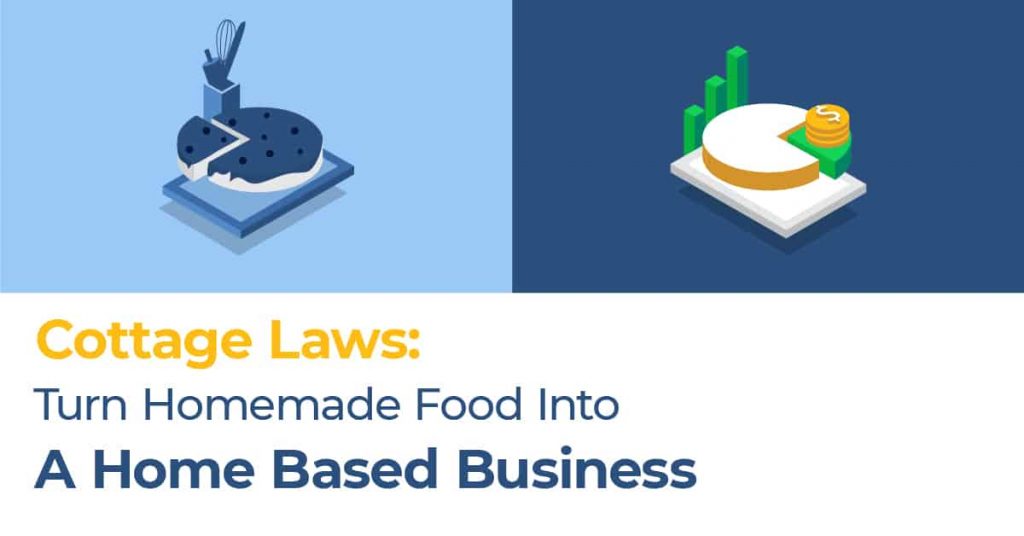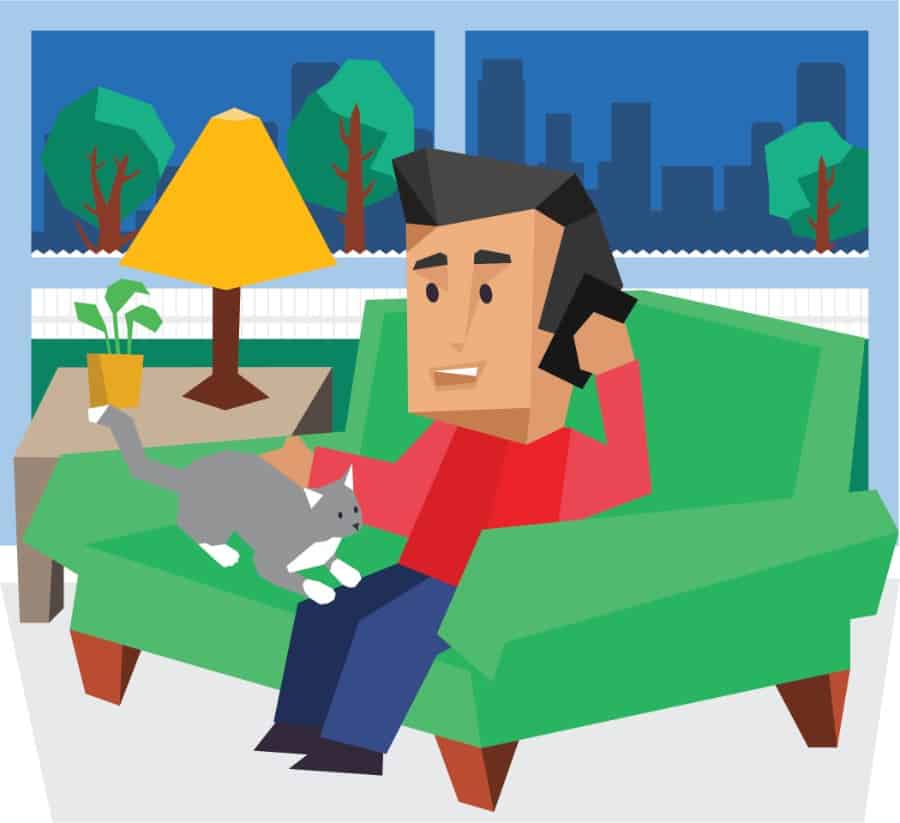Cottage Food Laws: Turn Home Cooking Into a Home Based Business

Cottage food laws across the US are helping many turn their side dishes into side hustles. When Caroline, a New Orleans chef, was forced to close her restaurant due to COVID, she found herself without a steady source of income. Instead of kicking back, propping her feet up, and watching “Tiger King,” she pivoted. Using her skills in the kitchen and a little bit of savings, Caroline started a home based baked goods business.
Commercial food production is usually required to take place in heavily regulated commercial kitchens, but thanks to Louisiana’s cottage food laws, Caroline was able to turn her home kitchen into a home based business, selling blueberry and chocolate scones direct to local consumers. Eight months later, even as the economy has picked up, and her restaurant is open for take out, Caroline’s side hustle continues to bring in a nice chunk of revenue.
What are Cottage Food Laws?
Cottage food laws, sometimes referred to as “food freedom laws,” allow a person to make specific food products in the comfort of their own home, and then sell them locally. Historically, most cottage laws have applied to sewing, woodworking, and other crafts that didn’t need government oversight. In the 2000s, however, many state legislatures passed bills allowing home bakers to enter the cottage industry. In short, cottage food laws allow the average person to cook, bake, and sell non-hazardous food items such as baked goods, candies, jams, jellies, preserves, salsas, hot sauces, fruit butters, or spice blends, all from the comfort and affordability of their own home.
Steps to Get Cooking
- What’s on Your Menu?
You probably already have a good idea about what you plan to cook and sell, but it’s a good idea to figure out exactly what you are planning to market. Every state allows for different homemade goods to be sold, and you don’t want to run afoul of your jurisdiction because you plan to sell something that isn’t allowable under law. Some states like Wyoming have recently expanded their food freedom laws to include sales of poultry, rabbit, some types of fish, and home made cheeses. - Research State Laws
According to the government policy think tank LawAtlas.org, eight states require cottage food operations to obtain a license or permit before starting operation. Only 15 states require some form of training before cottage foods can be produced and sold. This means that the amount of due diligence you have to perform is entirely dependent on what state you live in. Some states, like Wisconsin, limit cottage food revenue to $5,000, where states like Texas, California, and Missouri allow sales as high as $50,000. Colorado limits sales to $10,000 per product, while Illinois limits sellers to $1,000 in sales per month. - Talk to an Accountant
When opening any new business, it is best to talk to a professional who can walk you through your potential tax situation as a solopreneur. They may even be able to help you navigate state cottage food sales laws, tax breaks, or particular issues that you might have planned out. Your accountant will help keep you legal, and keep the state off your back. - Form an LLC
A lot of single owner small businesses form a sole proprietorship, but if you are going to be selling food products to the general population, you’ll really want a legal entity that will better insulate you and your assets should someone get sick or have problems with your food items. The LLC is a perfect vehicle for the small business owner that doesn’t want the paperwork hassle of a corporation, but wants the legal protections.
- Start Baking and Selling
All cottage food laws allow direct sales to the public, and, in more than a dozen states, you can also sell products through indirect or wholesale channels, such as restaurants, specialty food shops and local cooperatives such as farmers markets. You’ll also want to think about how you plan to market your business. Most small businesses find success with Facebook and Instagram, and it may also be a good idea to set up an account with Venmo or another money transfer app that allows you to accept digital payments.
Get Started Today!
At Northwest Registered Agent, we can help you set up your LLC for your home based food hustle. Every year we help thousands of small business owners start and maintain their businesses. Beyond that, we offer a ton of cool small business resources that may help you in your journey.



